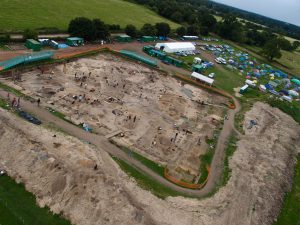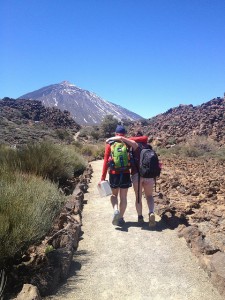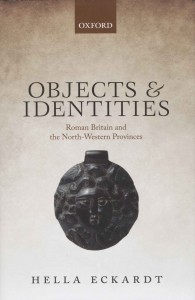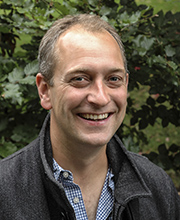Judges have today released the shortlist for this year’s British Archaeological Awards showcasing the very latest discoveries and innovations in archaeology across the UK, with Reading University’s long-term Silchester excavation shortlisted for Best Archaeological Project 2016.
The results will be announced at the British Archaeological Awards ceremony at the British Museum in London on 11 July, compèred by ‘Meet the Ancestors’ archaeologist and TV presenter Julian Richards.
John Lewis, Chair of the British Archaeological Awards judging panel for the Best Archaeological Project Award commented on the Silchester project,
“The aim of this long-running project is the publication of the total excavation of a large sample (25%) of one insula (block) to characterise the changing nature of the occupation of the Roman town at Silchester. The Judges were impressed with the way the project maximised environmental techniques and the development and use of a sophisticated database to aid analysis and make the findings accessible for future generations. The project has had a long-standing programme of public engagement, with many thousands of visitors each year.“
Deborah Williams, Chair of the British Archaeological Awards added,
“The entries this year reflect the incredible wealth and range of archaeology that is going on across the United Kingdom, the quality and expertise of our world-leading archaeologists, and the ever increasing fascination of the public with the history and archaeology of their local area.
“Increasingly archaeologists are responding to this interest by developing new ways to help people to take part in research and excavations, start up their own projects, and share and understand new discoveries – and this shines through in our shortlisted entries. All the finalists have a common theme – involving and enthusing young people and the public in their archaeological heritage.”
The British Archaeological Awards entries are judged by independent panels made up of leading experts from across the archaeology field in the UK, including both professional and voluntary sectors and aim to celebrate and share the best of British archaeology with the public.
See the shortlisted projects at www.archaeologicalawards.com and follow the Awards on twitter @BAAWARDSUK








